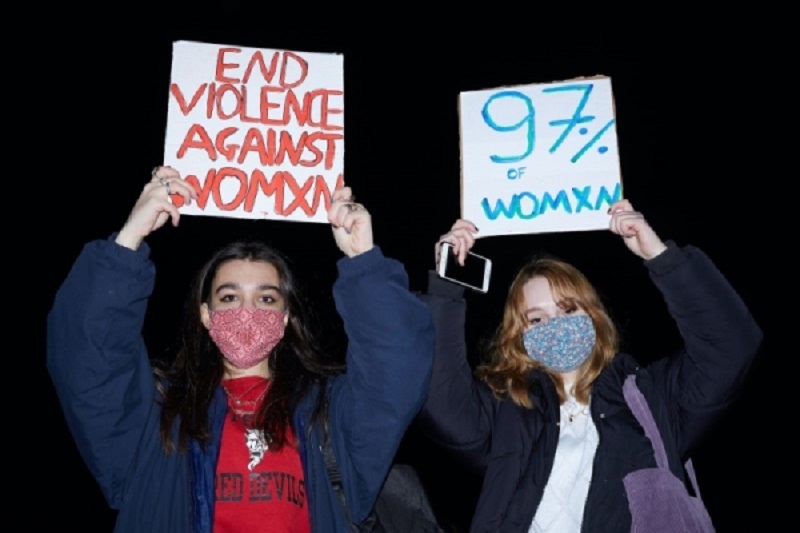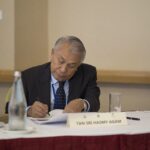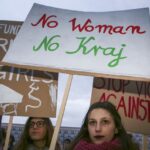
un human rights expert women rights suppressed by online offline hate speech sexism
 US – An independent United Nations’ human rights expert said while addressing the General Assembly on Monday how the various forms of abuses, both online and offline, are instrumental in suppressing freedom and rights of women globally. Special Rapporteur on protecting freedom of opinion and expression Irene Khan said while presenting her report on free expression and gender justice that “women’s voices are suppressed, controlled or punished explicitly by laws, policies and discriminatory practices, and implicitly by social attitudes, cultural norms and patriarchal values”.
US – An independent United Nations’ human rights expert said while addressing the General Assembly on Monday how the various forms of abuses, both online and offline, are instrumental in suppressing freedom and rights of women globally. Special Rapporteur on protecting freedom of opinion and expression Irene Khan said while presenting her report on free expression and gender justice that “women’s voices are suppressed, controlled or punished explicitly by laws, policies and discriminatory practices, and implicitly by social attitudes, cultural norms and patriarchal values”.
The UN expert said that while countries and leaderships across the world are largely failing to protect women rights and providing them with equal freedoms, censorship based on genders has become so widespread that women rights in an equality sense has become a distant reality. “Sexism and misogyny, which are dominant factors in gendered censorship, have been heightened by the rise of populist, authoritarian and fundamentalist forces around the world”, she said.
Related Posts
Khan also underlined that many governments are criminalizing women and gender non-conforming people on pretext of “public morals”. “Such action is paternalistic at best, misogynistic at worst”, emphasized Khan. Khan added that young women activists and journalists are being subjected to online attacks in a coordinated manner along with vicious intimidation, with the drive being to push them off the social media platforms as well as pull them down in public life.
“States must not use efforts to address online gender-based violence, hate speech and disinformation as a pretext to restrict freedom of expression beyond what is permitted under international law,” she said urging governments to abolish gender divide and women rights to expression and technology. Adding that the Covid-19 pandemic has further widened the gap and even strengthened the need to step up action to safeguard women rights, Ms. Khan said, “If women are to recover lost ground, if countries are to revive their economies and if governments are to regain public trust, then women’s equal right to freedom of opinion and expression must be front and centre on national and international agendas.”
Khan was appointed by the Geneva-based UN Human Rights Council on 17 July 2020 as the first woman to hold the position since 1993 when mandate was established.














